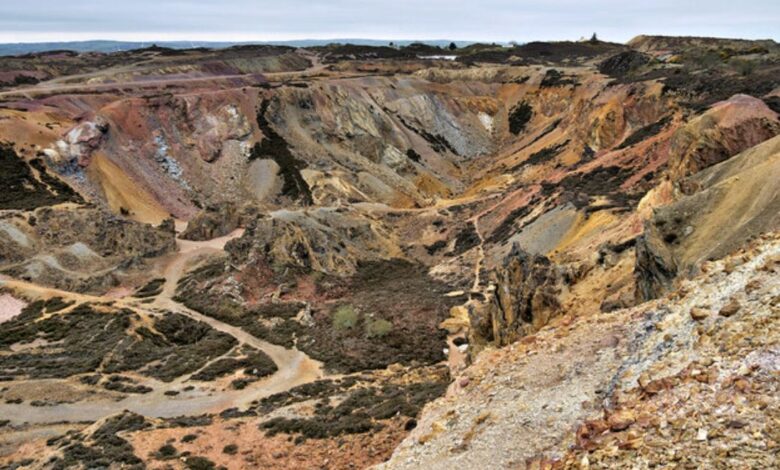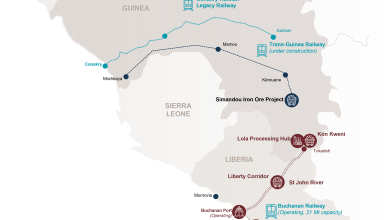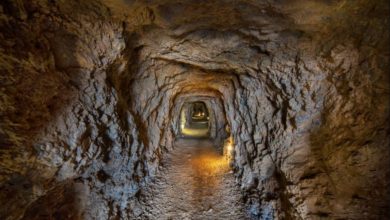Kamoa Copper, CrossBoundary inks PPA for Kamoa-Kakula Copper mining complex

Kamoa Copper has entered into a landmark power purchase agreement with CrossBoundary Energy to provide renewable baseload electricity to its Kamoa-Kakula mining complex in the Democratic Republic of Congo (DRC). The agreement involves the development of a large-scale 222 MW solar photovoltaic (PV) system combined with a 526 MWh battery energy storage system (BESS), designed to deliver 30 MW of continuous, dispatchable power.
This clean energy solution aims to replace a significant portion of the mine’s reliance on diesel generators, contributing to a substantial annual reduction of approximately 78,750 tonnes of carbon dioxide emissions. Construction of the project is set to begin in August 2025, with CrossBoundary taking ownership and operational responsibility, while Kamoa Copper will purchase the electricity consumed.
The integration of a solar PV and battery storage system for 24/7 energy supply is a significant milestone for the mining sector, especially in Africa where power infrastructure can be unreliable. Traditionally, mining operations have depended on diesel or heavy fuel oil for consistent power due to the intermittent nature of renewables. However, advancements in solar technology and reductions in battery storage costs have made renewable baseload energy both technically and economically viable. This project highlights a growing trend in the mining industry towards sustainable, decentralized energy solutions that align with global environmental standards.
Kamoa-Kakula
Kamoa-Kakula is Africa’s largest copper mine, with an annual production capacity of 600,000 tonnes, making this energy shift even more impactful. The move reflects Kamoa Copper’s commitment to innovation and environmental leadership in the sector. Company leadership emphasized the importance of setting new standards in sustainable mining. Meanwhile, CrossBoundary sees the agreement as evidence that distributed renewable energy can now meet the demands of heavy industry at competitive prices, even in challenging environments like remote mining sites.
This collaboration marks a turning point in how energy is sourced for industrial operations in Africa, setting a precedent for other resource-rich nations. As the global push for cleaner supply chains and low-carbon commodities intensifies, the DRC’s adoption of renewable baseload energy at such a major mining site enhances its standing as a responsible supplier of critical minerals. The project also contributes to regional efforts to transition towards greener, more resilient energy systems.






